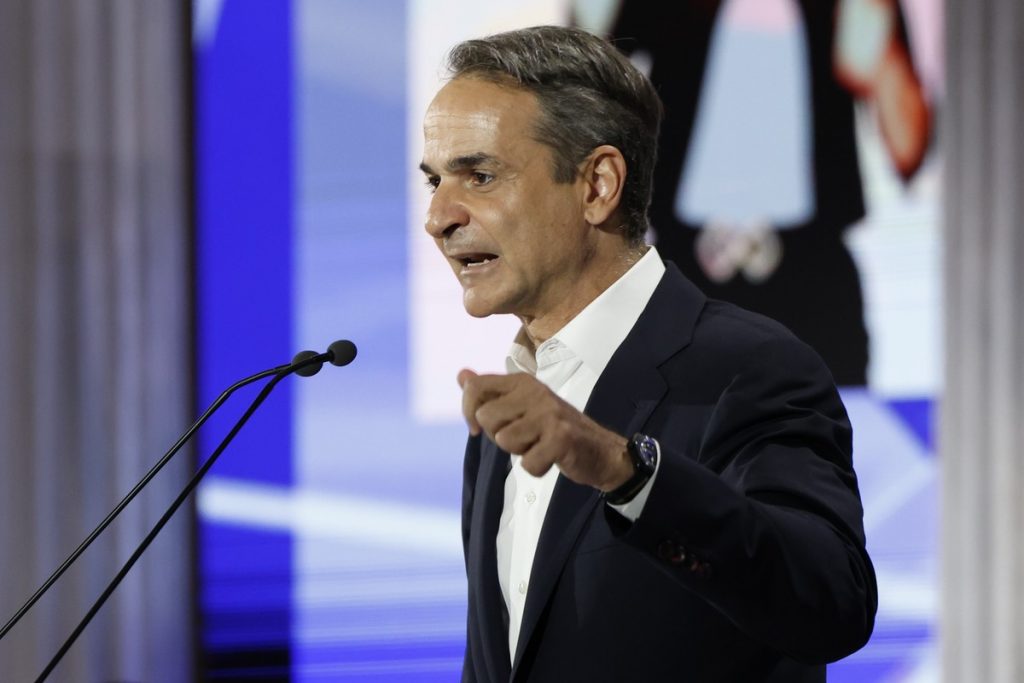Despite the diplomatic row caused by the use of the stand-alone term “Macedonia” during her swearing-in on Monday, the newly-elected President of North Macedonia, Gordana Siljanovska-Davkova, later doubled down, saying she had the right to use the name “Macedonia” as an “act of self-determination and self-identification”.
“In her public appearances, the Macedonian president has the right to use the name Macedonia as an act of individual self-determination and self-identification, respecting basic human rights and freedoms and in line with European values and principles,” stated a recent announcement by the new President of North Macedonia.
Her use of the stand-alone “Macedonia” without the geographic qualifier “north” during her swearing-in ceremony on Monday, when she deviated from the official text of the oath, which was read to her, calling the country “Macedonia” instead of the official North Macedonia sparked a diplomatic furor, with swift reactions by Greece, the European Commission, the Commission president and many pundits in her own country.
European Commission President Ursula von der Leyen directly commented on the furor following Siljanovska-Davkova’s reference to “Macedonia” during the swearing in ceremony instead of its constitutional name “North Macedonia.”
Meanwhile, neighboring Bulgaria also reacted negatively to the snub, with the country’s President, Rumen Radev, issuing a relevant statement, stressing that Sofia “does not accept statements and behaviors that violate the Friendship, Good Neighborliness, and Cooperation Treaty of 2017 or any other treaty signed by the Republic of North Macedonia”.
North Macedonia foreign ministry confirms ‘unequivocal observance’ of Prespa Agreement
The Ministry of Foreign Affairs confirms the firm determination of the country towards the unequivocal observance of the Constitutional provisions as well as all internationally undertaken obligations such as the full observance of the Strategic Partnership Agreement between the Republic of North Macedonia and the Republic of Greece, known as the Prespa Agreement. Over the past seven years, the two neighboring countries have developed an extremely high level of political dialogue, which has resulted in a several-fold increase in economic cooperation and the construction of positive relations between people. These benefits resulted in the country’s membership in NATO, the opening of negotiations with the European Union, as well as the upgrading of the Strategic Partnership into a Strategic Dialogue with the United States. We call for vigilance on the part of all political actors, especially elected state officials. Maintaining the country’s Euro-Atlantic course represents a fundamental strategic interest and a guarantor of the country’s long-term security and stability.




